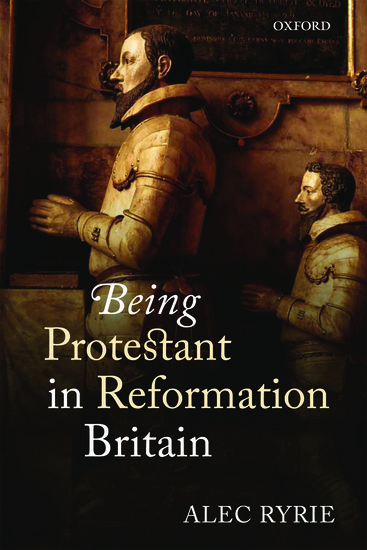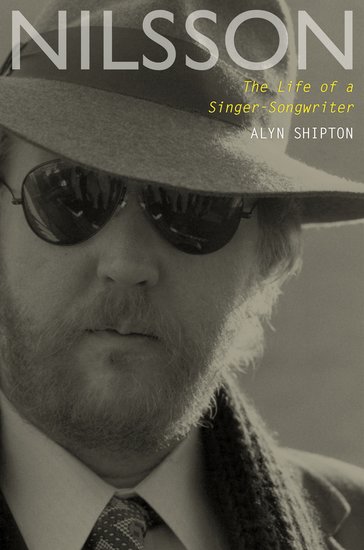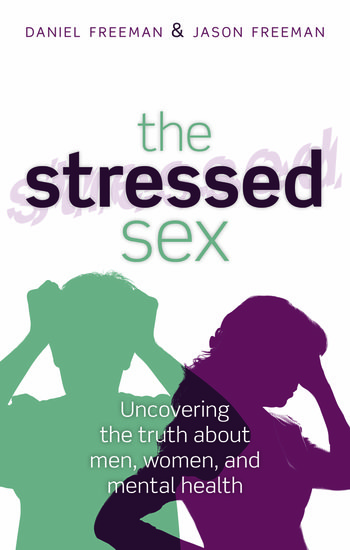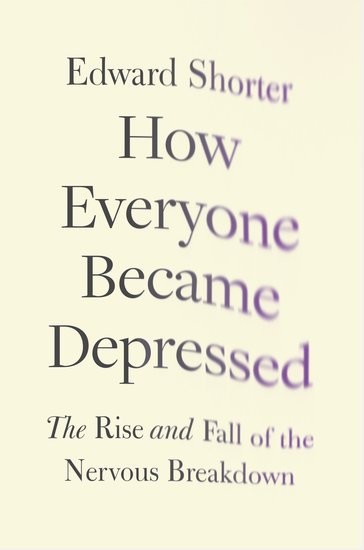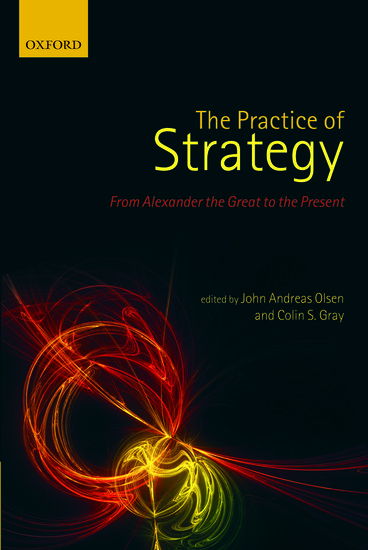A different approach
I recently travelled with the band Victoire for a brief residency at the music school of a large university. As well as performing a concert, we spoke to the music majors there on the topic of “alternative career paths” in classical music. By “alternative” I mean career paths other than playing in an orchestra or teaching at an academic institution. In our case, the musicians of Victoire all work predominantly in the performance and composition of contemporary classical music.








